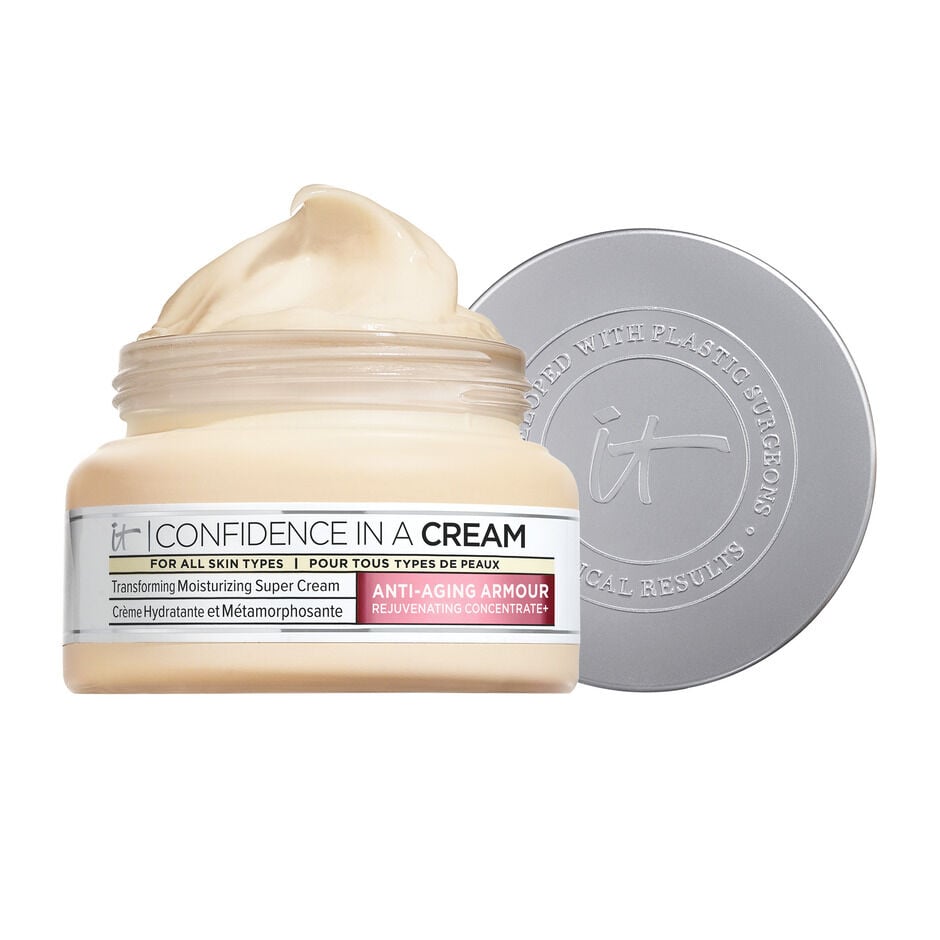Rise by Six: Your Daily Dose of Inspiration
Explore insights and stories that elevate your day.
Moisturizer or Mirage: Debunking Skincare Myths
Uncover the truth behind skincare myths! Discover what really works and what’s just a mirage in your moisturizer quest.
The Truth About Moisturizers: What's Fact and What's Fiction?
The world of moisturizers is often clouded by myths and misconceptions. One of the most common beliefs is that all moisturizers are the same. In reality, moisturizers come in various formulations designed for different skin types and concerns. For instance, those with oily skin may benefit from lighter, gel-based options, while individuals with dry skin should opt for cream-based products rich in emollients. Understanding your skin type is crucial for selecting the right moisturizer that can truly hydrate and protect your skin.
Another prevalent myth is that using a moisturizer can lead to clogged pores and breakouts. However, the truth is that many modern moisturizers are formulated with non-comedogenic ingredients that are safe for acne-prone skin. It's important to look for labels that specify 'non-comedogenic' and to choose products that cater to your unique skin concerns. Ultimately, using the right moisturizer can help maintain your skin's barrier, keeping it hydrated and healthy, rather than causing issues.

5 Common Skincare Myths That Could Be Ruining Your Routine
In the world of skincare, misinformation can be just as harmful as using the wrong products. Myth 1: Many believe that you must exfoliate daily to maintain radiant skin. In reality, over-exfoliation can strip your skin of its natural oils, leading to irritation and breakouts. It's essential to determine your skin type and exfoliate only 1-3 times per week for optimal results. Myth 2: Another common misconception is that all natural products are safe for every skin type. Natural doesn't always equal gentle; some ingredients can cause adverse reactions. Always perform patch tests before integrating new products into your routine.
Additionally, Myth 3: suggests that drinking more water directly leads to clear skin. While hydration plays a crucial role in overall health, it won't erase acne or blemishes. You still need a targeted skincare routine to address specific concerns. Myth 4: Many people think that a higher SPF means they can skip reapplying sunscreen throughout the day. SPF should be reapplied every two hours, regardless of its strength, to ensure maximum protection from harmful UV rays. Lastly, Myth 5: claims that you should skip moisturizer if you have oily skin. In fact, moisturizing helps regulate oil production and prevents dryness, which can trigger more oil production.
Do You Really Need a Moisturizer? Unpacking Skincare Beliefs
The question of do you really need a moisturizer is often met with a mix of confusion and strong opinions. Many people believe that using a moisturizer is essential for maintaining skin health, while others argue that it can lead to dependency and clogging of pores. To truly understand whether you need a moisturizer, it's vital to consider your skin type and its unique needs. For instance, individuals with dry or mature skin may find that a quality moisturizer can help retain hydration and elasticity, whereas those with oily or acne-prone skin might question the necessity of an additional product in their regimen.
Ultimately, it’s essential to evaluate the ingredients and formulations of moisturizing products. Not all moisturizers are created equal; some provide hydration without causing breakouts, while others may contain heavy oils and fragrances that could irritate. Additionally, external factors such as climate, lifestyle, and diet can influence your skin's moisture balance. Therefore, before dismissing the concept of moisturizer, consider your personal skin concerns and experiment with different formulations to discover what works best for you. Understanding your own skin's needs is key to answering the question: do you really need a moisturizer?